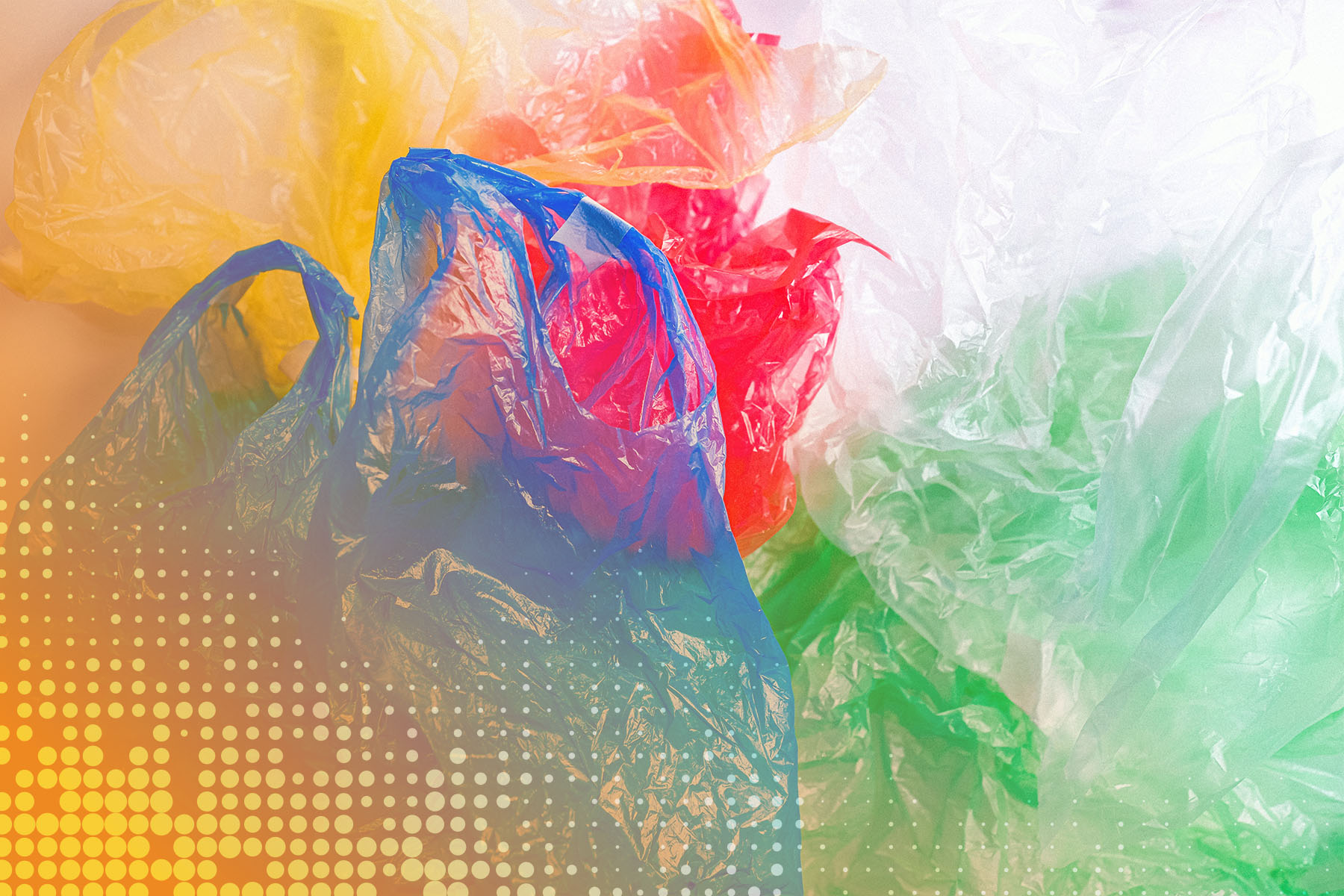If you're a business owner looking to increase your customer base and boost sales, accepting EBT payments is a smart move. Electronic Benefit Transfer (EBT) is a government program that provides assistance to low-income individuals and families, making it an essential part of many households' financial resources. By accepting EBT payments, you can tap into this market and create a more inclusive shopping experience for your customers. In this comprehensive guide, we'll walk you through the...
Building an Eco-Friendly Business by Charging for Bags
Being environmentally friendly is nothing new, and in most markets, it is becoming more important from a business perspective that you attempt to protect the planet. There are a million ways to reduce energy use, recycle or use recycled goods, and eliminate environmentally harmful products from circulation. In today's blog, we are going to discuss whether or not charging for plastic bags can make a difference and the other benefits it can provide for your store.
The Facts -
Over the years, news stories and movies have put a large spotlight on the issues faced by the use of plastic products. Much of this waste is polluting our oceans and affecting different markets around the world. In a study by the World Economic Forum, the world's ocean is expected to contain more plastic than fish by 2050. Luckily, many initiatives have been kick-started to reverse these effects at the source. As long as people continue to use plastics and other non-perishable goods, though, issues will continue to manifest and progress will be slowed. Currently, five-large garbage patches circulate in the world's oceans. The biggest, The Great Pacific Garbage Patch, is estimated to weigh more than 43,000-cars. This is a gigantic problem to tackle, but as previously mentioned, if people on the bottom-line do their part then this issue can be managed.
Many solutions have been enacted. In some cases, legislators have taken the first step and tacked on taxes to businesses using plastic bags. While this study is a bit outdated, it is safe to assume that as these pollution issues have grown, so have people's concerns and willingness to make a change. Back in 2012, a professor at Washington University researched different metropolitan areas within Washington. One area implemented a five-cent fee for each bag used and the results were very promising. 82-percent of shoppers used plastic bags before the fee, but after, only 40-percent continued to use plastic bags. In some areas, where the dangers of plastic bags were well known and taxes were already in place, a large change was not seen (45%-46%). In the last area studied, where no laws or fees were put in place, there was no change made and plastic bag consumption stayed at 81-percent.
The U.S. is not the only place that has made a push to change plastic production and waste. In countries like Ireland, a tax on plastic bags caused a drop in usage by 90-percent. In China, the results were not as profound (-49%) as Ireland, but when comparing population size, the results might be even better. In both of these locations, an increase in reusable bags was noticed too but only for a short time. People began to switch back to plastic when they got used to the cost of five-cents.
What does this mean?
Money talks. Even something as small and insignificant as five-cents can create drastic change. Now within these studies, researchers found that as people began to enforce these taxes less often, then plastic bag use would creep back up. Another issue that was recognized right away in some cases and took a little more time in others, was the price of the tax. Some people did not see five-cents as a burden and continued to pay for plastic bags. For a majority, though, five-cents seemed to be enough to spark change. This study did note that to see dramatic change and a decrease in almost-all plastic bag usage, the tax would need to be multiplied by five. Yes, that means 25-cents per bag used. A steep price that may rub people the wrong way, but the benefits from these types of decisions can make a huge difference in the future.
What Can You Do?
These changes do not need to be manufactured by politicians or government entities. In many cases, these decisions are made solely by the people running the business. The amount you choose to charge a customer is at your discretion, but it is important to be wary of how much you charge. Some may see your initiative as heroic, which builds brand loyalty. Others may view this as a reason to leave your business and go elsewhere. Again, money talks but in many cases, the result is positive and galvanizes people behind your mission. All it takes is one person to step forward and make a change. This person can be you , but you must keep in mind what is right for your business to keep it operating efficiently.
In many instances, you can make a profit from this venture. At checkout, you can offer your own branded reusable bags for customers to purchase. You can also hold events in support of this global trend. You create buzz around your business for standing out and trying to make a change. These do not need to be the reasons to make a shift to more environmentally friendly options, but they are potential perks if you do.
Lastly, people love the Why in business. When they buy a product, it is not always about the use they will get out of it, rather, the difference they could be making. Add another layer of depth to your store that goes beyond your great products and excellent service. If you make the switch you can provide a purpose for your customers when shopping.




